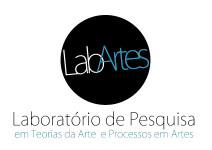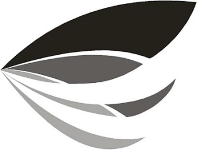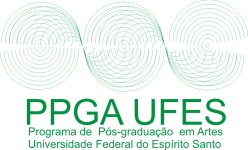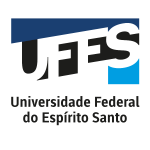About the Journal
Focus and Scope
The PPGA-UFES Art and Research Colloquium Magazine, or Revista do Colóquio, appears as a space for publishing articles, experience reports and visual essays carried out in the field of Arts and related areas. Open to receive proposals in Portuguese, Spanish, French and English, Coloquio defends the strengthening of an academic community through the intersection of ideas and the maintenance of a critical view on the production of Art.
Peer Review Process
Each article is examined by two members of the Editorial Board or ad hoc consultants, using the blind peer review system, requiring two favorable opinions for publication. If there is disagreement, the article will be sent to a third evaluator.
Frequency
The PPGA-UFES Art and Research Colloquium Magazine is biannual, with publications in the months of June and December.
Open Access Policy
This magazine offers immediate free access to its content, following the principle that making scientific knowledge freely available to the public provides greater global democratization of knowledge.
Article Processing Charges (APC)
This journal does not charge an Article Processing Charge or submission fee.
Sponsors
Postgraduate Program in Arts at the Federal University of Espírito Santo
Arts Extension and Research Laboratory
Research Laboratory on Art Theories and Art Processes
Journal history
The Revista do Colóquio begins its activities linked to the Art and Research Colloquium of the Postgraduate Program in Arts at the Federal University of Espírito Santo (artes.ufes.br), in 2010. This connection is reflected both in its name and in the content of its first editions.
With the development of its editorial processes, Revista do Colóquio begins its calls, volumes and dossiers independent of the communications made at the event that gave rise to it. Despite this independence, dialogue with the research presented at the PPGA-UFES Art and Research Colloquium is an important part of the Journal's identity.
The theme of each new edition always seeks to reflect paths observed in the research of students and teachers at PPGA-UFES, as well as other programs and laboratories with which our researchers maintain more intimate and direct contact.





